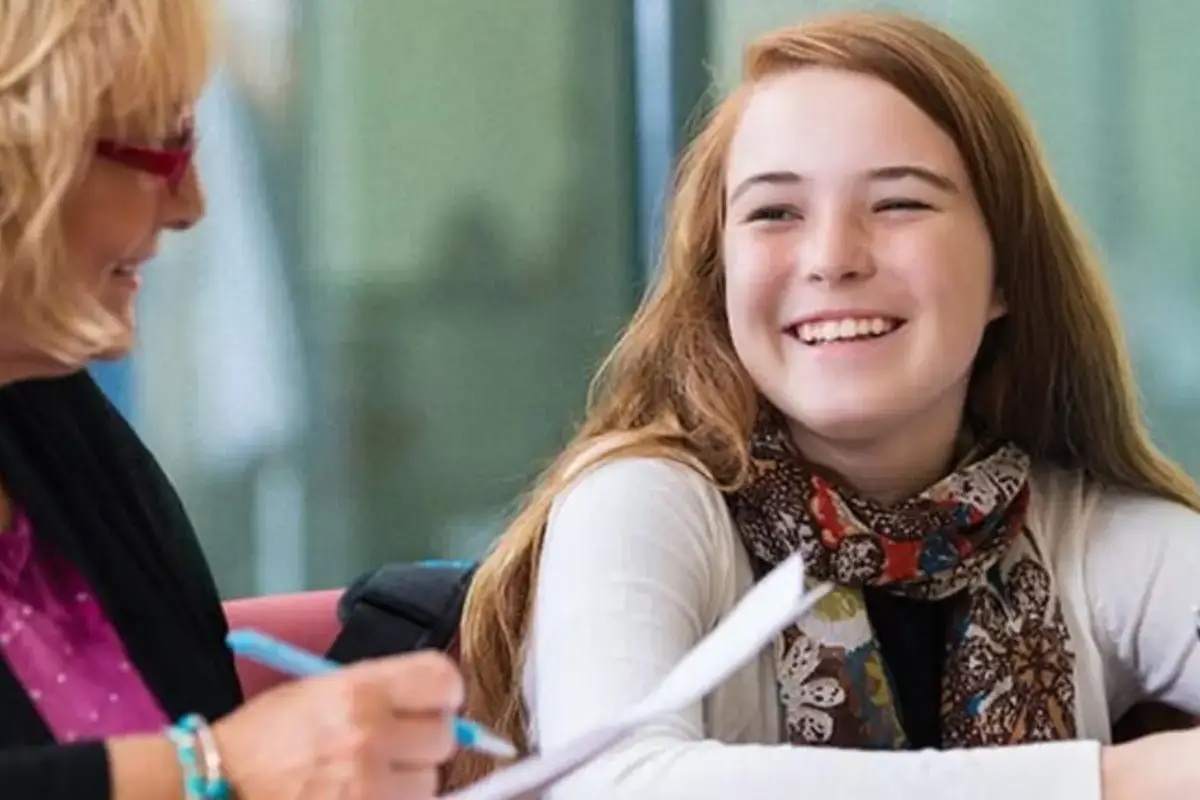How School Counselors Help Students Grow from the Inside Out

When you think about who shaped your life during school, chances are you remember a teacher, a coach, or maybe a principal. But tucked into the corners of many school buildings is someone whose impact can be just as life-changing, often quietly so. That someone is the school counselor.
As a certified counselor who’s spent years supporting both young people and the professionals who guide them, I’ve seen firsthand how crucial school counselors are to student development. And yet, their role is often misunderstood or undervalued. So let’s pause, take a breath, and talk honestly about what school counselors really do, and why their work is absolutely essential.
What Is the Role of a School Counselor in Student Development?
The role of a school counselor in student development is about so much more than just scheduling classes or offering college advice. At its core, this role centers on supporting the whole student, emotionally, academically, and socially.
Students today are growing up in a world that moves fast and demands a lot. Academic pressures, shifting social dynamics, family stress, identity questions, and trauma don’t wait until after school hours. School counselors step in as trusted adults who can listen without judgment, ask the right questions, and provide a safe harbor when things feel chaotic.
Whether a student is struggling with grief, feeling invisible in the classroom, dealing with anxiety, or questioning their next steps after graduation, school counselors help them untangle the knots. They don’t just offer answers. They walk beside students as they discover their own.
Academic Growth Begins with Emotional Safety
It might surprise some to learn that student development doesn’t start with test prep or GPA goals. It starts with feeling seen, safe, and supported. And that’s exactly where school counselors shine.
A student who is anxious about their home life may not be focused in math class. One grieving a recent loss might find it hard to complete assignments. Counselors are trained to recognize these emotional blocks and intervene early, not with punishment, but with compassion. Sometimes, the most important thing a counselor does is simply ask, “How are you really doing?” and wait for the answer.
When students feel emotionally grounded, their brains are better equipped for learning. The role of a school counselor in student development is deeply tied to this foundational truth: emotional wellness and academic success go hand in hand.
Navigating Friendships, Identity, and Belonging
Middle and high school years are often a messy mix of discovery and insecurity. During this time, students are figuring out who they are, where they fit in, and what kind of life they want to build. Counselors offer a space where those questions can unfold without pressure or judgment.
From helping a teen navigate friendship drama to supporting a student coming out to their family, school counselors provide affirming and informed guidance. They normalize confusion, help students develop healthy coping strategies, and act as steady voices during emotionally turbulent years.
Social development matters. It builds confidence. It sets boundaries. It cultivates empathy. And counselors are uniquely positioned to foster that kind of growth in a way that’s both personal and empowering.
Advocating for Students When They Need It Most
One of the most overlooked aspects of a school counselor’s role is advocacy. Counselors are often the ones who speak up when a student is being overlooked, misunderstood, or falling through the cracks.
They might push for special education assessments. They might call attention to signs of abuse. They might connect families to community resources they never knew existed. And yes, sometimes they simply remind a teacher that a quiet student in the back row is doing their best to hold it together.
The role of a school counselor in student development is proactive. And it requires the kind of relational strength that comes from truly knowing your students, not just their grades.
Preparing Students for Life Beyond the Classroom
Career exploration, college planning, vocational options- these are all part of the picture, too. But in my experience, it’s the deeper, more human questions that truly shape a student’s future:
- What kind of person do I want to become?
- What are my strengths, and how can I use them?
- What does success look like for me?
Counselors help students reflect on these questions. They don’t push students down one “right” path; instead, they illuminate the possibilities and help young people make thoughtful, empowered choices about what comes next.
Whether it’s choosing AP courses, applying to a trade program, or learning how to write a resume, school counselors show up with the tools and the heart to guide those next steps.
A Role That Deserves Recognition and Support
Let’s be clear: the role of a school counselor in student development isn’t optional. It’s not a luxury. It’s a cornerstone of healthy schools.
Yet many counselors are overburdened, serving hundreds of students at once, and facing burnout. That’s why I believe, as both a mental health professional and a concerned citizen, that we must champion school counselors. Not just with kind words, but with real resources, better staffing ratios, and meaningful collaboration between teachers, families, and mental health providers.
Because when we support our counselors, we’re supporting every student they serve.
My Final Thoughts
If you’re a parent, a teacher, or simply someone who cares about the future of young people, I encourage you to look closer at the work your school counselors are doing. Ask how you can support them. Ask what they need. And most of all, recognize that behind every thriving student is usually someone, quietly and consistently, cheering them on, advocating for them, and helping them grow from the inside out.
That someone is often a school counselor.



